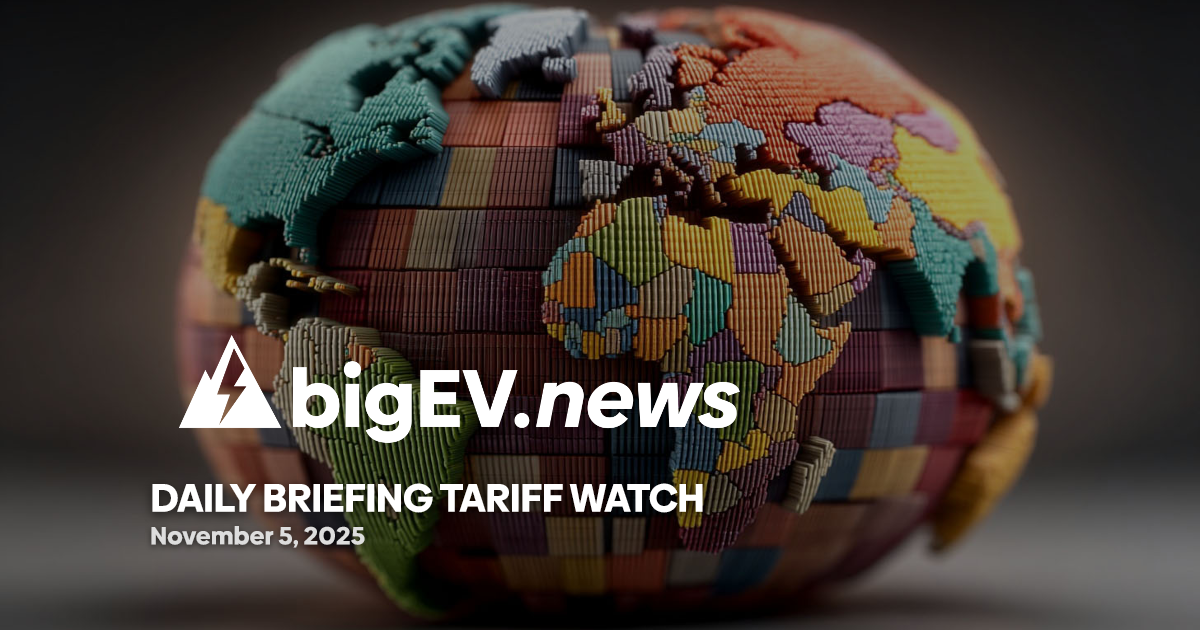The evolving landscape of electric vehicle (EV) supply chains is being significantly reshaped by new U.S. regulations, particularly those targeting Chinese manufacturers like CATL. As the U.S. seeks to bolster its domestic battery production and reduce reliance on foreign entities, the implications for global supply chains are profound. The geopolitical tensions surrounding lithium batteries, which are crucial for decarbonization and energy storage, have intensified scrutiny on companies that dominate this sector. The U.S. government's actions not only aim to secure its technological independence but also to navigate the complexities of international trade and national security, raising questions about the future of global collaboration in EV manufacturing.
To address these challenges, companies must adapt by diversifying their supply chains and investing in local production capabilities. The shift towards a more localized approach could lead to increased costs and potential delays in EV production; however, it also presents an opportunity for innovation and resilience. Key insights suggest that collaboration between governments and private sectors will be essential in fostering a sustainable and secure battery supply chain. As the industry grapples with these changes, stakeholders must remain agile, leveraging new technologies and partnerships to navigate the intricate balance between compliance and competitiveness in a rapidly evolving market.









